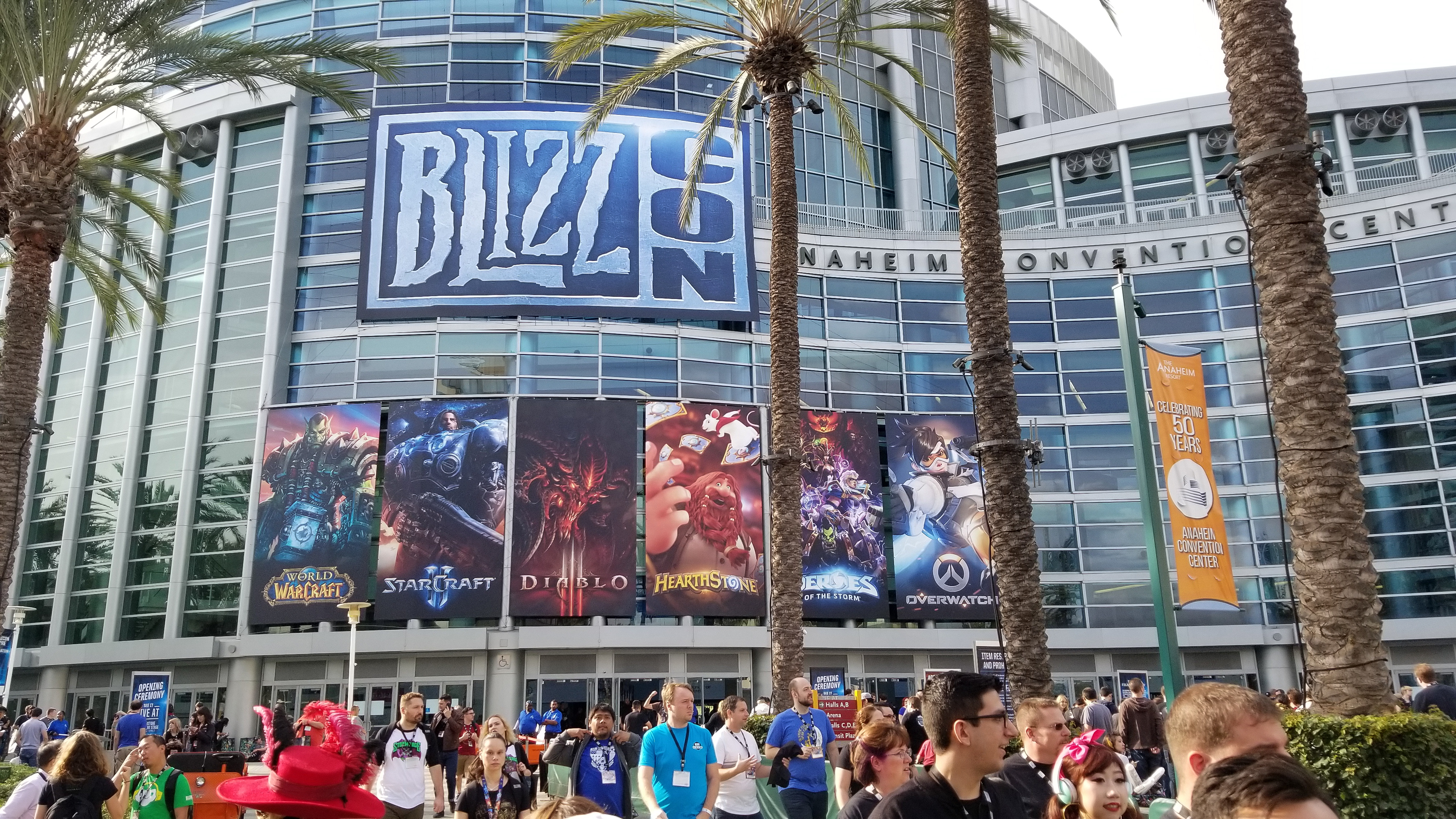On July 21, the California Department of Fair Employment and Housing (CDFH) filed suit against Activision Blizzard, one of the largest gaming companies in the world, accusing it of fostering a “frat boy” culture that subjects its female employees to sexual harassment, retaliation, and unequal pay.
Among the sordid and shameful details within the suit, CDFH alleges the company regularly hosted “cube crawls” in which male employees would drink in the office and engage in inappropriate behavior towards female employees; including bantering about women’s bodies, talking openly about their sexual contacts, and even joking about rape.
According to the lawsuit, female employees were forced to fend off unwanted advances and groping, and when these incidents were reported, the company’s HR department circled the wagons, refusing to act on complaints and tacitly encouraging women to stay silent.
This is gross, plain and simple. Video game companies and gaming culture writ large have long been known to be a cesspool of misogyny, with other studios like Riot and Ubisoft having faced similar accusations.
Yet what really sets Activision Blizzard apart is their company’s entirely preventable, self-sabotaging responses to the allegations which have been tone-deaf, insulting, and counterproductive. Indeed, it’s hard to recall a company that has so quickly and thoroughly alienated its consumers, employees, and investors as Blizzard has over the last several weeks since news of the suit broke.
So, today we are putting in the marketing and advertising market research to analyze Activision Blizzard’s initial response to the lawsuit, its actions since, and the ways different groups—gamers, investors, employees, and sponsors—have reacted to it. There are larger issues at play (namely a culture built around misogyny) but today we are going to focus on these events from a public relations standpoint as we interrogate the company’s past missteps and current predicament.
Turning a Blizzard into a Cataclysmic Storm
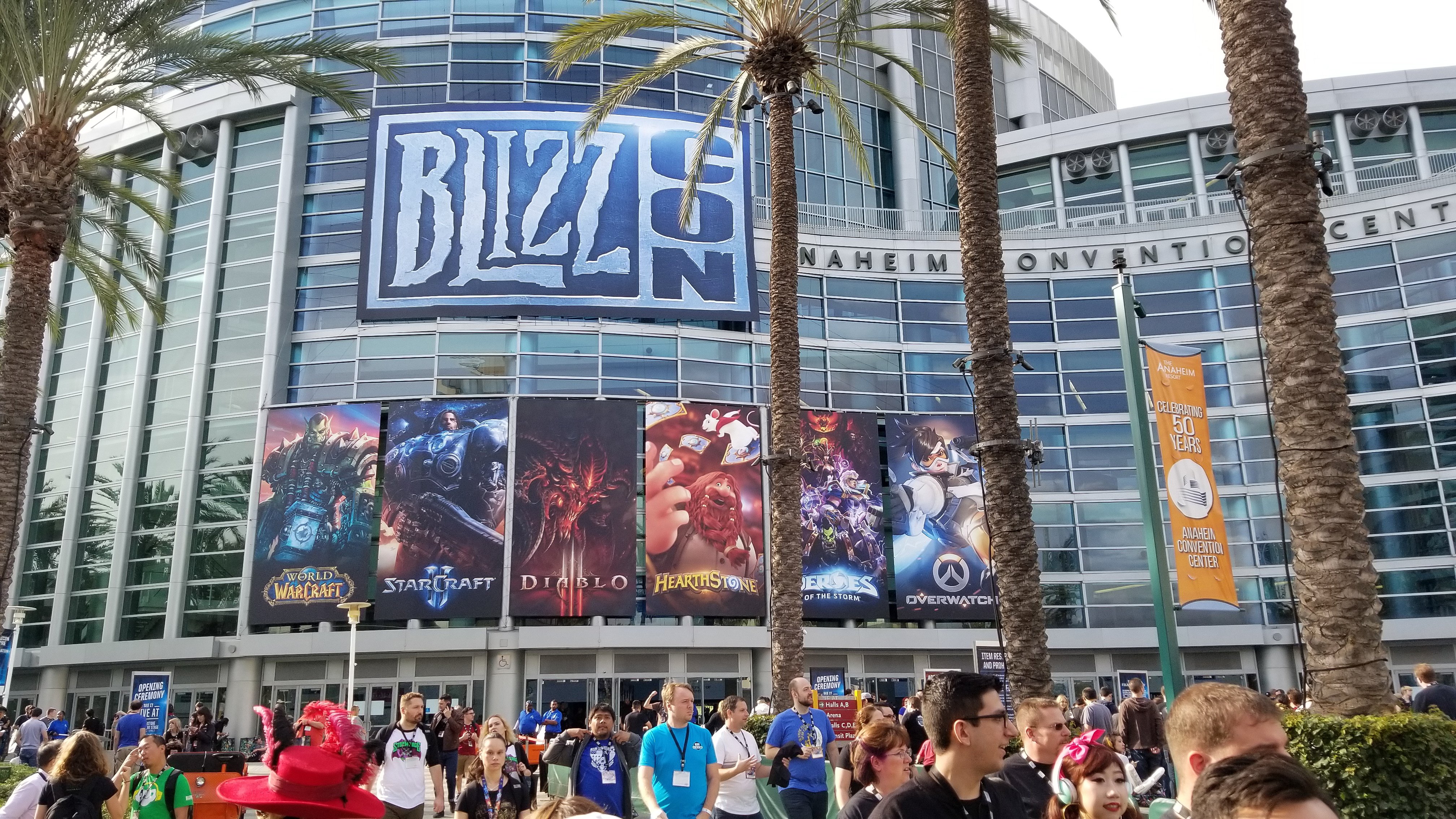
Publications reached out to Activision Blizzard as soon as the allegations broke and the company quickly offered a public statement.
That statement, clearly aimed at assuaging investors’ concerns about a forthcoming scandal, was full of double speak, denials, and threats, making an already ugly situation much, much worse. Here are some unfortunate lowlight quotes:
- “It is a shame that the DFEH did not want to engage with us on what they thought they were seeing in their investigation.”
- “The DFEH includes distorted, and in many cases false, descriptions of Blizzard’s past...Instead, they rushed to file an inaccurate complaint, as we will demonstrate in court.”
- “The picture the DFEH paints is not the Blizzard workplace of today. Over the past several years and continuing since the initial investigation started, we’ve made significant changes to address company culture.”
- “It is this type of irresponsible behavior from unaccountable State bureaucrats that are driving many of the State’s best businesses out of California”
In case you didn’t follow the logic there, Blizzard is essentially saying something along these lines: “We didn’t do it…but if we did, it was a long time ago…and if California tries to hold us accountable, we will move our business elsewhere.”
Yikes.
Blizzard came out swinging when violence was not the answer. That first quote, about what the DFEH “thought they were seeing,” is particularly ghastly as it seemingly questions the reliability of the women who have made these allegations. To be clear, the DFEH didn’t just see things, they heard them, from current and former employees alike.
Publicly calling these people liars, and those who believed them fools, the company squandered its best opportunity to own its shortcomings and truly lead the way in rehabilitating their own company culture and video game developer culture writ large. Or they could have just said nothing.
Instead, they opted for a knee jerk reaction that was only made worse when Frances Townsend, Chief Compliance Officer and executive sponsor of Blizzard’s Women’s Network, went even further in her first public statement: “We cannot let egregious actions of others, and a truly meritless lawsuit, damage our culture of respect and equal opportunity for all employees.”
Soon thereafter, Townsend posted a link to the Atlantic’s 2019 story, “The Problem with the Whistle-Blower System.”
As the company’s chief compliance officer, its most visible and powerful woman, and the literal and symbolic head of their women’s network, this one-two punch of victim disbelieving and blaming is really not what you want.
The Fallout: Alienated Employees
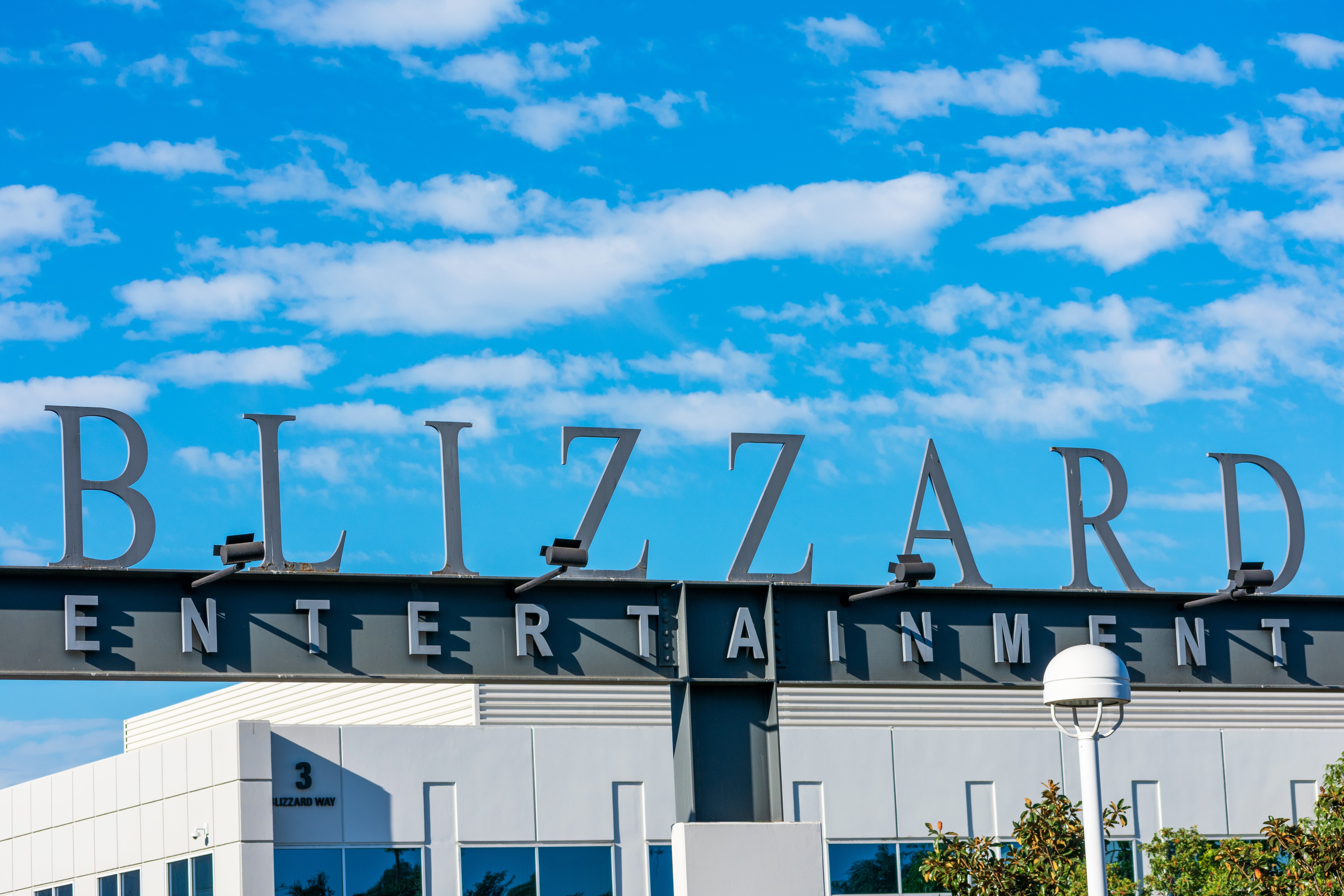
Blizzard employees were rightfully distressed by their company’s initial response to this lawsuit, which documented a culture many of them were familiar with and already sick of. To hear their company call BS on allegations they all knew to be true was untenable.
Almost immediately, current and former employees took to social media to corroborate the claims made in the suit, verifying the allegations the company had already called meritless, distorted, and inaccurate.
Employees quickly produced an open letter to management outlining their concerns, with thousands of employees signing the statement, and bringing further shame to the company. Now it wasn’t just an issue of the company’s day-to-day transgressions but also one of their willful disregard for those reporting those transgressions. The statement began:
“We, the undersigned, agree that the statements from Activision Blizzard, Inc. and their legal counsel regarding the DFEH lawsuit, as well as the subsequent internal statement from Frances Townsend, are abhorrent and insulting to all that we believe our company should stand for. To put it clearly and unequivocally, our values as employees are not accurately reflected in the words and actions of our leadership.”
Within days, a massive walkout had been staged at the company’s Irvine, California headquarters.
Employees are obviously in a tough position—their job is their livelihood, after all. According to recent reports, there are conversations amongst employees about the benefits of encouraging a massive boycott of Blizzard’s games until changes are made.
So yeah, employees are unhappy.
To be fair, Activision/Blizzard CEO XYZ has since regretted the company’s initial statement, calling it “tone-deaf” while saying everything you are supposed to say about believing victims and the bravery of accusers. The company is also hiring law firm WilmerHale to investigate the claims brought forth in the lawsuit. More on that later.
The Fallout: Gamers
Employees are not the only group currently reconsidering their relationship with Blizzard. The company’s consumers, video gamers, are also not having it.
To be fair, there is a contingent of video gamers who are quite comfortable with misogyny—you know the type—and they have proven unsurprisingly unmoved by the allegations. But for the demographic groups that represent growth opportunities for video game companies—namely women, queer people, and people of color—this news is tough to swallow.
It’s tough to get demographically segmented user data, but if social media is to be believed, these groups are done with Blizzard games, at least for the time being. Conversations built around finding suitable replacements for the studio’s many games abound, with Overwatch players in particular frustrated the game they love is being ruined by the past and current actions of its developers.
Look, it’s hard to quantify user engagement and happiness, but I can confidently report that the vast majority of conversations happening on social media about Blizzard’s games are incredibly negative at this point. There are no whimsical posts, no memes, or pop quizzes about game strategy and lore. Instead, there is resentment and frustration.
Developers have always counted on gamers to push through the controversy, to continue logging on and playing the games they love. With their response to the lawsuit, this has proven to not entirely be the case, particularly with the demographic groups Blizzard should be courting, not repulsing.
Socially, at least, these games are currently toxic.
The Fallout: Scattering Sponsors
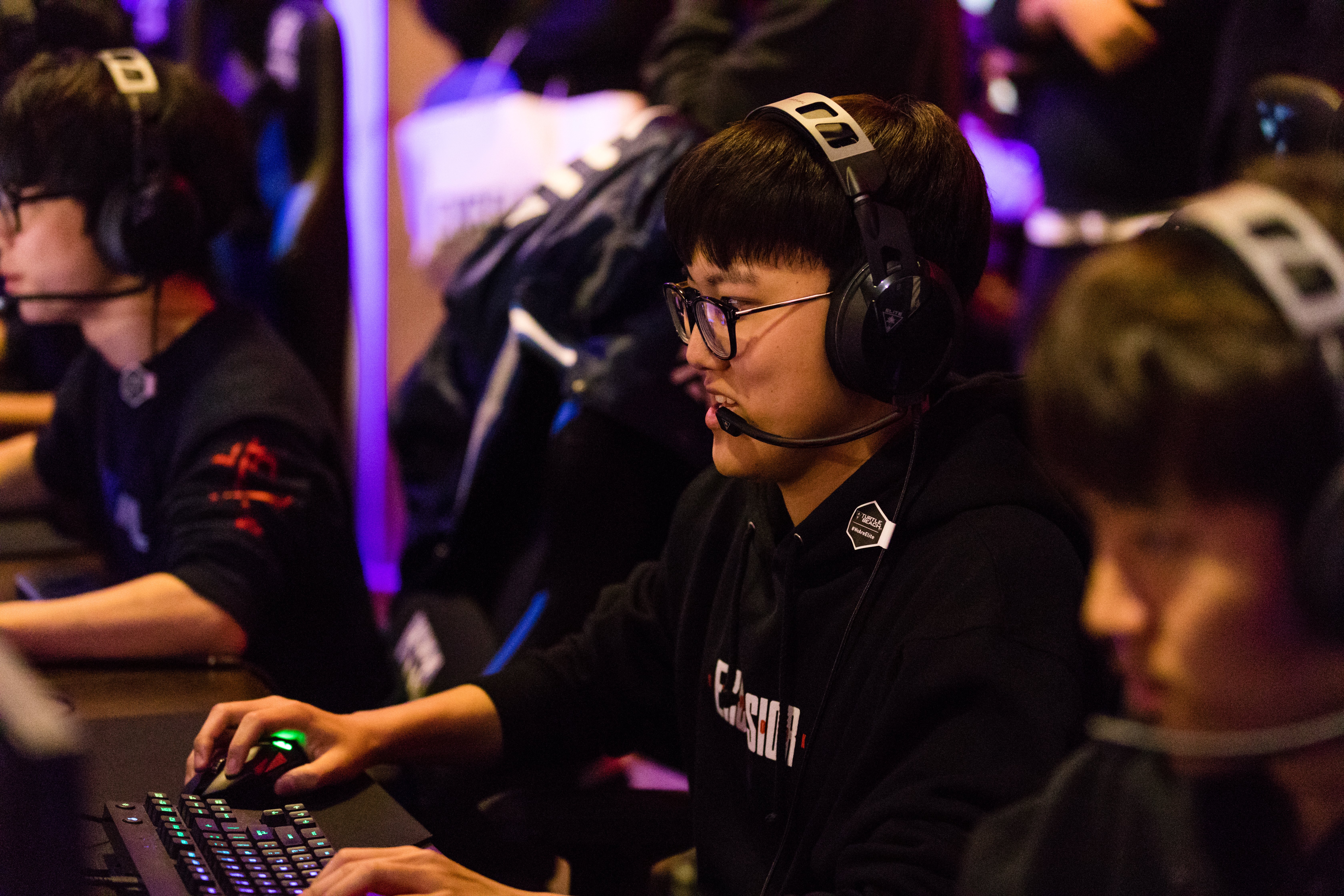
But it’s not just gamers that video game makers must court. Blizzard also seeks out sponsorships for its competitive e-sports leagues, akin to traditional sports sponsorships—advertisements during breaks in play, branded in-studio segments, and logos on team attire.
These sponsors are a who’s who of corporate America and, by and large, they are running for the hills.
Take the Overwatch League, the e-sport built around one of Blizzard’s most popular games, Overwatch. As OWL approaches its season-ending tournament, a marquee event for the league and its partners, it has been hemorrhaging sponsors.
Companies like T-Mobile, Kellogg’s, and Coke have all asked the company to pull their logos from their broadcasts and even players’ jerseys. Sponsors have similarly been pulling out of the company’s other flagship e-sports league, Call of Duty.
Blizzard’s name is synonymous with an abusive company culture and an inept corporate response. This is not something sponsors want to be associated with.
Again, any opportunity Blizzard had to contain the damage among its corporate sponsors was squandered with poorly considered, defensive statements.
The Fallout: Investors
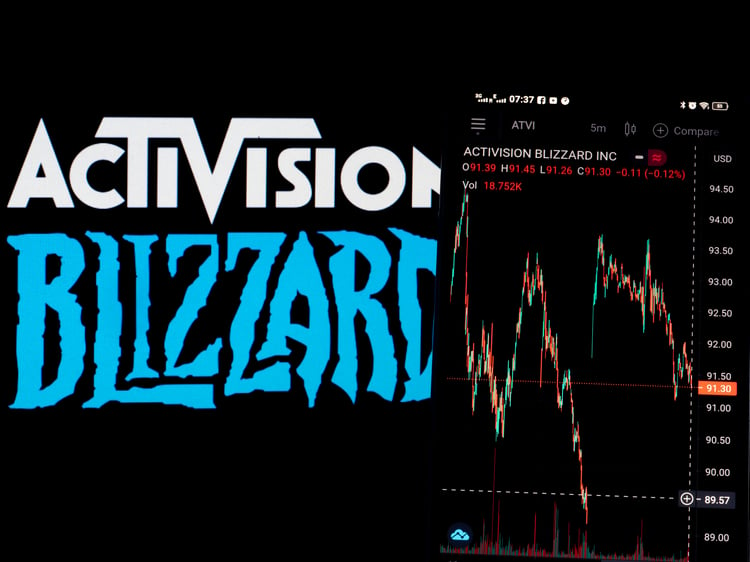
And then there are the investors, the very group Blizzard has most feared alienating, who at this point are not all that happy either. Blizzard’s active user count has been in decline since 2017, but with new games in the pipeline this year and next, investors hoped the company would be turning it around.
This—a collection of alienated employees, consumers, and sponsors—is obviously not the news investors were hoping for.
One activist investor group, SOC, has publicly called for changes at the company, noting it has not “gone nearly far enough to address the deep and widespread issues with equity, inclusion, and human capital management.”
It questions the hiring of WilmerHale to investigate the claims, noting the firm has a “sterling reputation as a defender of the wealthy and connected, but it has no track record for uncovering wrong doing.” True. In fact, their reputation is for being a union-busting firm.
The group called for Activision/Blizzard to add to a woman director to its board by the end of 2021, to commit to a gender-balance on the board by 2025, and perhaps most pertinently for company executives, to award no bonuses in 2021 and tie future ones to diversity and inclusion thresholds.
Remember: this is an activist investor group and in no way represents the majority of Blizzard shareholders. Nonetheless, when your investors are publicly calling you out for your self-immolation, things are not going great.
Consequences, Damage Control, and Lessons Learned
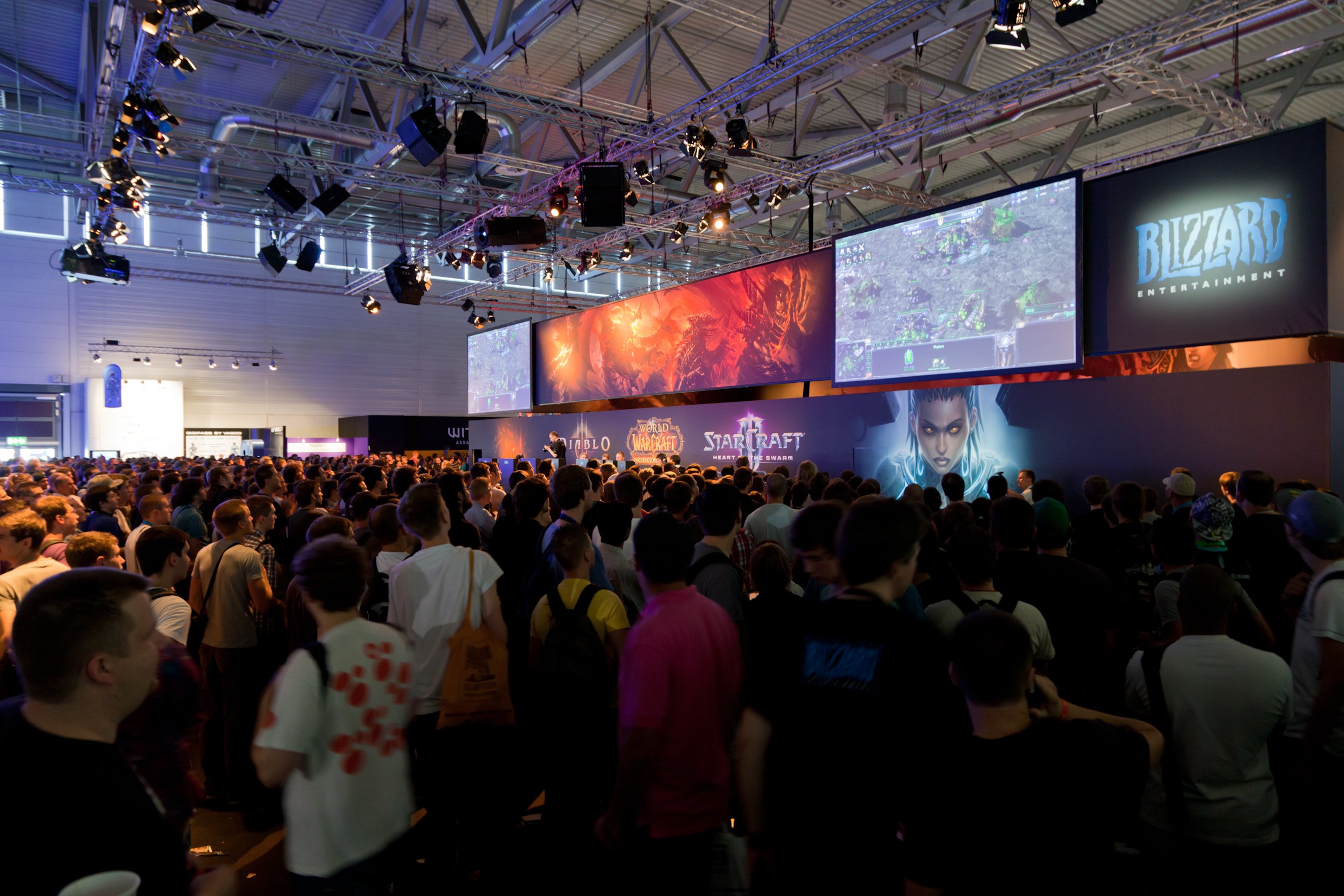
To its credit, Blizzard realized it had stepped in it pretty quickly, that they had horribly miscalculated the public perception of the lawsuit and the ways different contingents would respond to their statements. It is interesting to consider this timeline of regret and retraction juxtaposed against the leadup to the company’s August 4 investor call.
There is no way to prove it, but it seems like every action the company has taken has been geared towards avoiding investor fallout.
On July 23, two days after the lawsuit was filed, embattled Activision Blizzard exec Frances Townsend stepped down from her leadership position in the company's women's network, and blamed her misguided statement on poor advise from counsel. She remains the company’s chief compliance officer, however.
By July 27, nearly a full week after the company’s initial response, Activision CEO Bobby Kotick was publicly asking for a do-over, noting in a memo to employees that the company’s initial responses were “tone-deaf” and promising “we will do a better job of listening now, and in the future.”
And on August 3, with an investor call scheduled for the next day, the company took more decisive action, announcing that Blizzard President, J. Allen Brack, was leaving the company. Brack had been named in the lawsuit (the allegations came from his time on the World of Warcraft development team) and employees had been demanding his resignation for several days.
Then, on the morning of their investor call, Activision Blizzard also announced that it was also game over for the company’s head of HR, Jesse Meschuk. Honestly, it’s ridiculous that Meschuk lasted as long as he did—his department was specifically and regularly named in the lawsuit for ignoring, disbelieving, and retaliating against women who made formal complaints, “actively shielding” male employees from any accountability.
Not to be cynical, but it does feel like each step represented an escalated response the company felt it had to make in the lead up to the investor call. As though they were seeing just how many pounds of flesh they needed to sacrifice in order to change the narrative leading into the meeting.
By the time of the investor call, Activision Blizzard had purged two high ranking officers, both of whom were heavily implicated in the lawsuit. They had walked back their most egregious statements, promised to do better in the future, and were ready to move on.
During the investor call, only two questions came up regarding the legal troubles, both of which were quickly sidestepped as the company focused on future growth opportunities based on forthcoming games in the pipeline. The company hoped it was back to business.
Marketing and Advertising Market Research: Consider DaBaby

But it’s not all business as usual.
One Twitter user sarcastically summarized the company’s investor-first response to the allegations, both in their initial statements and in their investor call: “Welcome to Activision, take a look around, believe us when we say no accountability found, We've got mountains of lawsuits, comeuppance is due, but Call of Duty had a really fruitful Q2.”
Yup, it now feels like the company can literally do nothing right. Trying to please so many different groups is difficult, to be certain, but it is made a lot easier by simply doing the right thing. It is important to remember that investors are not in a vacuum, and that investor-facing statements are not confidential—in appeasing their investors, they alienated the groups whose engagement most concerns investors: employees, consumers, and sponsors.
Knee jerk reactions are never best—public relations is not a shoot from the hip enterprise but rather one built around careful consideration, testing, and, frankly, common sense.
When faced with a scandal, the impulse to be defensive and combative is understandable but not advisable. A bomb exploded in the company’s lap but rather than running triage, assisting the victims, and looking into the causes of the explosion, the company reacted impulsively, thinking they could argue and deflect enough to keep their investors shielded from the fallout.
In doing so, they only expanded the size and scope of the blast.
In a perfect world, Blizzard would have squared its initial reaction with its company values and put in some rapid market research that would have helped them understand that their self-righteous reaction would exacerbate not mollify. Some of this is arrogance and a feeling of invincibility, some of it is just sheer stupidity.
Like DaBaby who continues to fumble his response to his own controversy, it’s easier to be defensive than it is to be productive and accountable. If DaBaby were sorry or at least were interested in continuing to make money, he could have booked a feature on a Lil Nas X remix and asked Jada to invite him to the Red Table.
Too bad there isn’t a corporate version of the Red Table because Blizzard really needs to take a seat.
